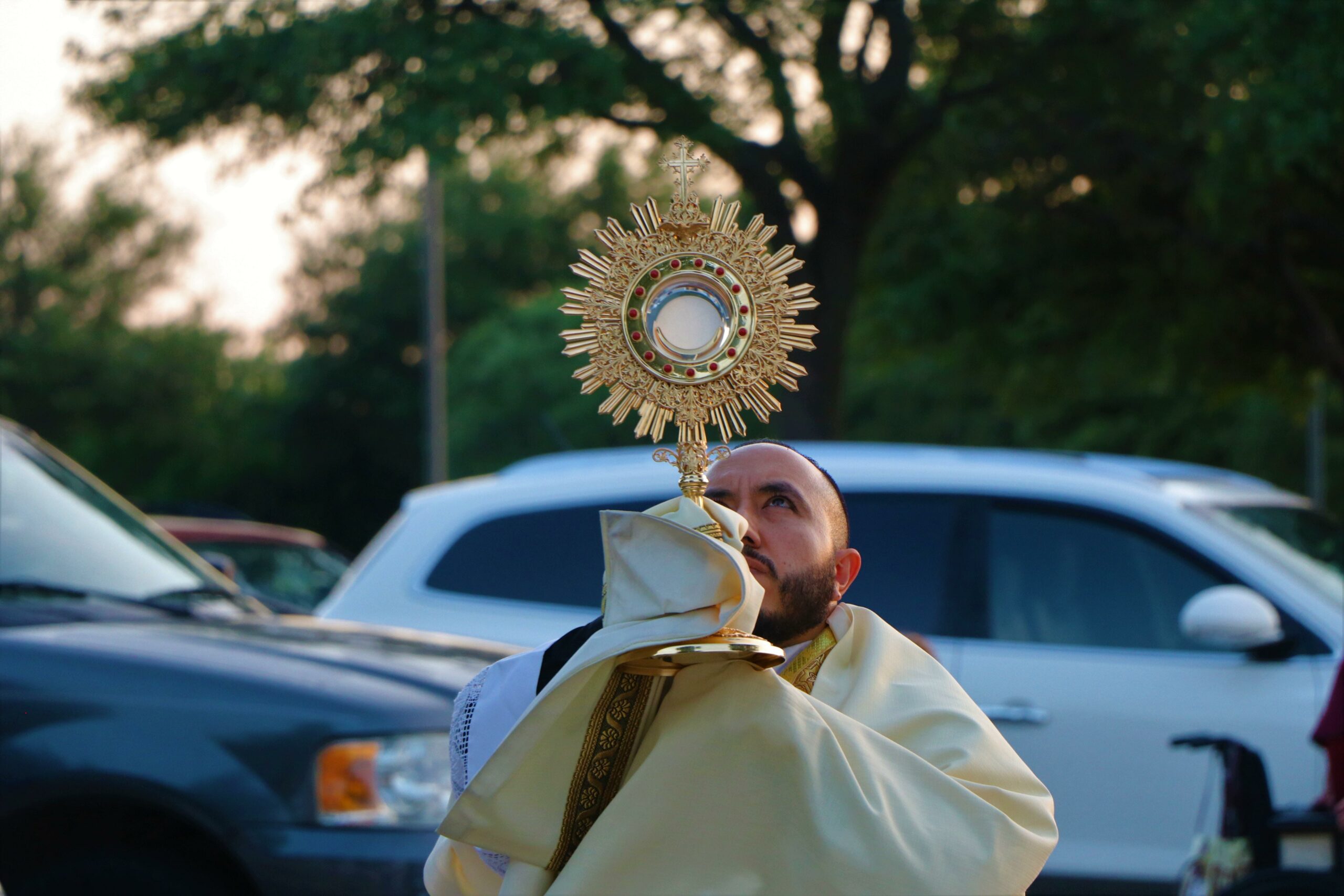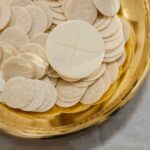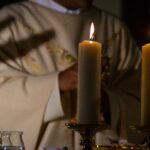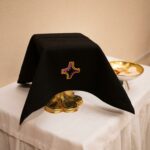The Eucharist, a central sacrament of the Catholic Church, holds a profound historical significance that resonates through the ages. In this article, we embark on a journey through time, unraveling the transformative impact of this sacred ritual within the Catholic tradition. Delving into the annals of history, we will explore the key milestones, engaging theological debates, and the indelible mark left by the Eucharist on the Church and its devoted followers. Join us as we unveil the historical significance of the Eucharist in the Catholic Church, shedding light on its enduring influence like never before.
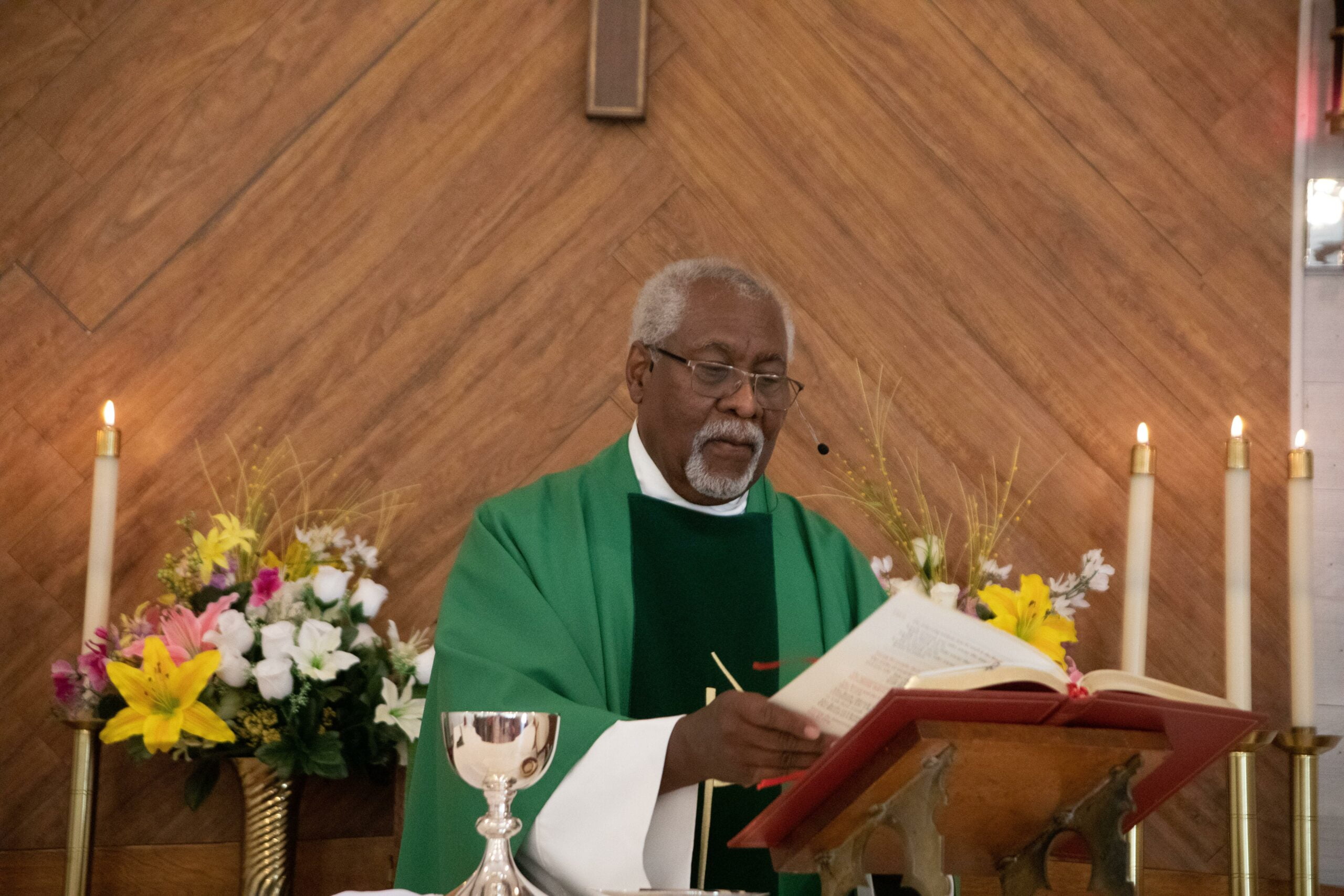
Historical Significance of the Eucharist in the Catholic Church
Throughout history, the Eucharist has played a pivotal role in the Catholic Church, shaping its beliefs, practices, and traditions. This sacrament, recognized by the Church as the body and blood of Jesus Christ, holds profound historical significance for Catholics worldwide. Let’s delve into the rich historical journey of the Eucharist and its transformative impact on the Catholic community.
Early Development of Eucharistic Theology:
The origins of Eucharistic theology can be traced back to the early days of the Church. In the first few centuries, the understanding of the Eucharist gradually evolved and developed. Early Christian communities saw the Eucharist as a memorial of Jesus’ death and Resurrection, uniting believers in the remembrance of Christ’s sacrifice. As the Church grew and spread, new questions and controversies arose regarding the nature of the Eucharist.
“The early Church grappled with the mysteries of the Eucharist, seeking to understand the profound reality it represented.”
The Doctrine of Transubstantiation:
The concept of transubstantiation, which became a central tenet of Catholic Eucharistic theology, was officially defined at the Fourth Lateran Council in 1215. According to this doctrine, the bread and wine used in the Eucharist undergo a transformation, becoming the true body and blood of Jesus Christ, while maintaining the appearance and taste of bread and wine. The declaration of transubstantiation solidified the Catholic understanding of the Eucharist, emphasizing its mystical and sacred nature.
“The doctrine of transubstantiation affirmed the real presence of Christ in the Eucharist, deepening the reverence and devotion shown towards this sacrament.”
Unity and Spiritual Nourishment:
The Eucharist, often referred to as Holy Communion or the Lord’s Supper, holds significant importance in the Catholic faith. It is considered a sacramental offering of Christ’s sacrifice and a sign of unity among believers. Through the Eucharist, Catholics believe they partake in the spiritual nourishment of Christ’s body and blood, receiving grace and strength for their spiritual journey. This profound understanding of the Eucharist as a source of unity and spiritual nourishment has shaped Catholic worship and devotion throughout the ages.
“The Eucharist serves as a powerful symbol of unity and a means of spiritual sustenance for Catholics, strengthening their connection with God and with one another.”
Eucharist as a Paschal Banquet:
The Eucharist is often seen as a paschal banquet, symbolizing the Last Supper of Jesus with his disciples. Just as the Last Supper served as a prelude to Jesus’ ultimate sacrifice on the cross, the Eucharist represents a re-presentation of that sacrifice in the form of a sacred meal. This understanding deepens the significance of the Eucharist as a memorial action, invoking the transformative power of Christ’s love and sacrifice.
“The Eucharist, as a paschal banquet, invites Catholics to participate in the mystical union with Christ, sharing in his redeeming sacrifice and experiencing the transformative love of God.”
Importance in Catholic Liturgy:
In Catholic worship, the Eucharist occupies a central role. The liturgy of the Eucharist, along with the liturgy of the Word, forms the core of Catholic Mass. This celebration of the Eucharist not only commemorates Christ’s sacrifice but also affirms the communal nature of Catholic worship. It brings together the faithful in a shared experience of prayer, reflection, and partaking in the body and blood of Christ.
“The liturgy of the Eucharist is a sacred moment of encounter with God, where Catholics express their faith, receive spiritual nourishment, and find collective strength as a community.”
The historical significance of the Eucharist in the Catholic Church is undeniable. Its development, from the early days of the Church to the formal definitions of doctrine, reflects the deep theological reflections and spiritual devotion surrounding this sacrament. The Eucharist continues to shape the lives of Catholics, serving as a reminder of Christ’s sacrifice, a source of unity, and a means of encountering the divine.
In conclusion, the historical significance of the Eucharist in the Catholic Church can be summarized in the words of Saint Augustine:
“I am the bread of life. Whoever comes to me will never be hungry, and whoever believes in me will never be thirsty.” (John 6:35)
The Eucharist is a central sacrament in the Catholic Church, and there are many fascinating facts surrounding its history and significance. If you’re curious to learn more about the Eucharist, you won’t want to miss these enlightening facts about the Eucharist in the Catholic Church. Discover the deep-rooted traditions and beliefs that have shaped the understanding of this sacred ritual by clicking here: facts about the eucharist in the catholic church. Prepare to be amazed by the rich tapestry of faith and devotion that surrounds the Eucharist.
FAQ
Question 1
What is the historical significance of the Eucharist in the Catholic Church?
Answer 1
The Eucharist has played a crucial role in the history of the Catholic Church. It has been a central rite of Christian worship throughout history, symbolizing the Last Supper of Jesus with his disciples. The doctrine of transubstantiation, which defines the real presence of Jesus in the Eucharist, was officially established at the 4th Lateran Council in 1215. The Eucharist is considered a sacramental offering of Christ’s sacrifice and is seen as a memorial of Jesus’ death and Resurrection.
Question 2
How has the Eucharist impacted the unity of believers?
Answer 2
The Eucharist serves as a sign of unity and a bond of charity among believers in the Catholic Church. By sharing in the Eucharistic meal, believers actively participate in the spiritual nourishment provided by Jesus. This shared experience fosters a sense of community and strengthens the bonds between individuals, emphasizing the importance of unity in the Catholic faith.
Question 3
What historical milestones have shaped the understanding of the Eucharist?
Answer 3
The understanding of the Eucharist within the Catholic Church has undergone significant development throughout history. The doctrine of transubstantiation was defined at the Fourth Lateran Council in 1215, solidifying the belief in the real presence of Jesus in the Eucharist. Additionally, controversies surrounding Eucharistic theology arose in the Middle Ages, leading to theological debates and the formation of diverse interpretations.
Question 4
How does the Eucharist connect to symbols and imagery from the Old Testament?
Answer 4
The Eucharist finds its roots in the rich symbolism and imagery of the Old Testament. The Tree of Life, prominently featured in the Old Testament, is seen as a prefiguration of the Eucharist. Just as the Tree of Life represents spiritual nourishment and eternal life, the Eucharist serves as a source of spiritual nourishment for believers, granting them a deeper connection to God and the promise of salvation.
Question 5
What is the role of the Eucharist in the liturgy of the Roman Catholic Church?
Answer 5
The liturgy of the Eucharist holds a central position in the worship of the Roman Catholic Church, along with the liturgy of the Word. It is during this sacred act that the bread and wine are consecrated and transformed into the body and blood of Jesus. Through active participation in the Eucharistic liturgy, Catholics engage in a profound act of worship, uniting themselves with Christ and the entire Church body.
- Unlocking It’s Greek to Me: A History and Meaning - March 28, 2025
- Ancient Greece Clothing Styles: A Complete History - March 28, 2025
- Unlock the US physical map: Comprehensive guide - March 28, 2025
